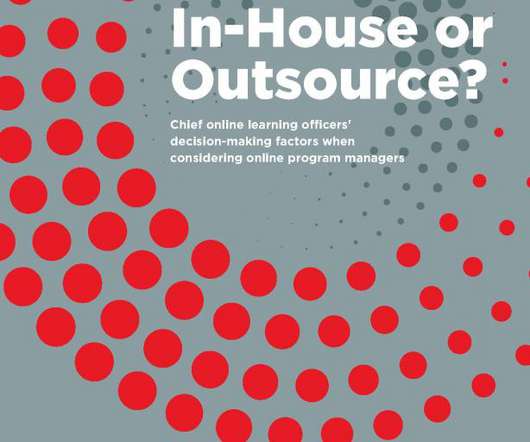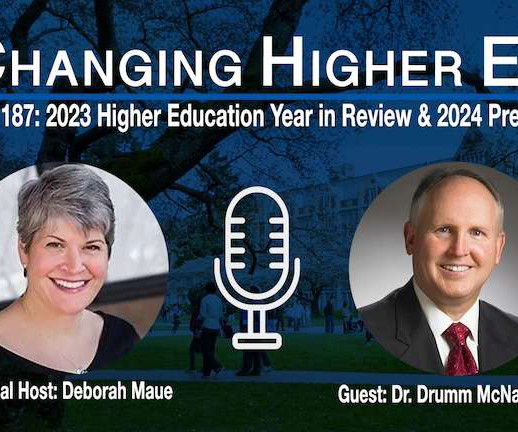Q&A: Retiring Maryville University President Recalls Early Connectivity Efforts
EdTech Magazine - Higher Education
FEBRUARY 20, 2025
As students gravitated to smartphones over flip phones, and increasingly relied on laptops and other connected technologies both inside and outside of the classroom, Lombardi brought together the universitys leadership team to ask a pivotal question: What does it mean to be student-centered?















Let's personalize your content